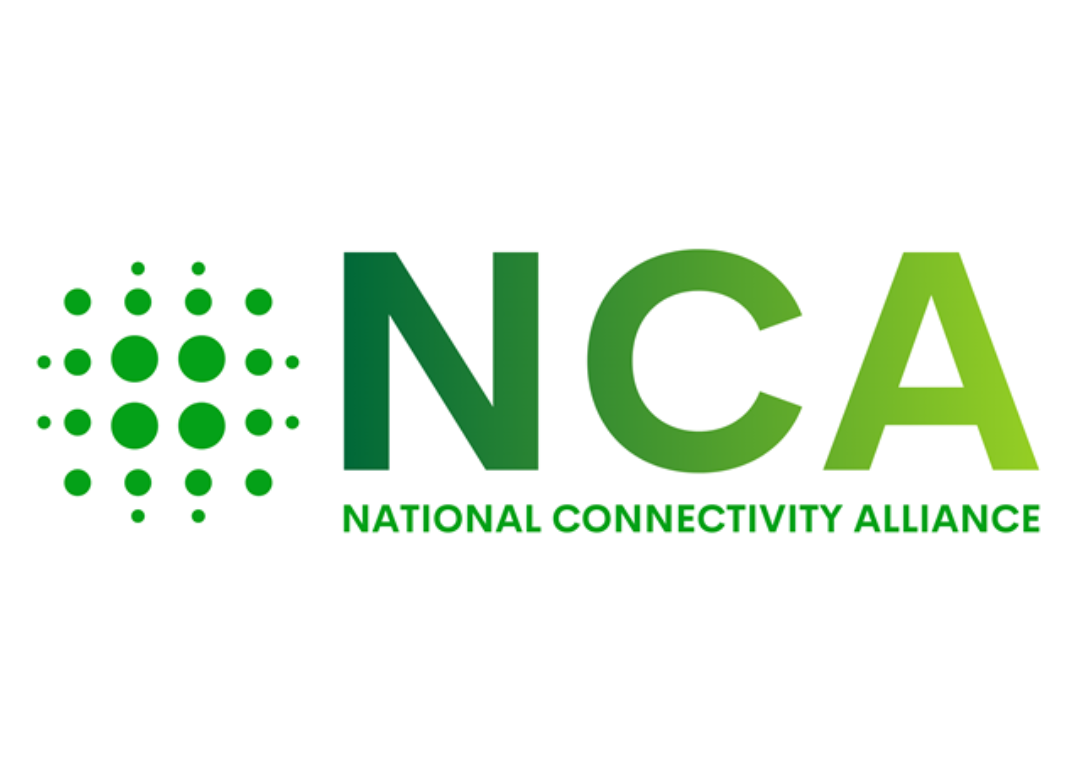On the 4th July we saw the Labour party secure a landslide victory in the election, with Sir Keir Starmer becoming our new Prime Minister.
With the recent Microsoft problems that saw the UK digital world crash rather spectacularly, we thought we’d take a little look at the top 5 tech policies promised by the Labour Party in its manifesto, including Digital Infrastructure, Broadband & 5G, AI Regulation & Investment, Cyber Security and Tech Innovation.
Labour Manifesto and Digital Infrastructure
- Digital Infrastructure will be given a boost by developing a 10-year infrastructure strategy. This will benefit mobile and broadband networks, AI, and data centres.
- Approval processes will be streamlined for nationally important designated projects and data centres by easing planning restrictions.
- Restarting the economy with a new industrial strategy, designed to supercharge the tech and digital sectors.
- Overcome previous planning blocks by supporting the construction of data centres on brownfield sites.
Plans for Broadband and 5G in the Labour Manifesto
- Target ambition of having national 5G coverage and full gigabit accessibility by 2030 to have a renewed push.
- Encourage cooperative building between networks and greater infrastructure sharing by working alongside Ofcom.
- Continue to support the last governments Project Gigabit broadband roll-out program.
- In addition to the above, address the slow roll-out of gigabit broadband under the Conservative government.
Regulation and Investment for AI
- Labour plans to introduce binding regulations on companies developing powerful AI models and give the AI Safety Institute statutory footing.
- The creation of sexually explicit deep fakes will be banned and safe AI development will be ensured through comprehensive legislation.
- They will use the industrial strategy to support the development of the AI sector.
- New laws will be introduced to regulate AI companies, ensuring ethical AI practices.
What Has Labour Got Planned for Cyber Security
- Labour will address cyber attacks and misinformation campaigns by conducting a Strategic Defence Review within the first year.
- Policing techniques will be modernised by integrating new technologies into law enforcement to keep pace with modern threats
- Critical infrastructure will be protected by developing a comprehensive cyber defence strategy.
- Labour is committed to ensuring the UK is fully prepared to deal with hybrid warfare, including cyber-attacks.
Tech Innovation and Regulation with the Labour Party in Power
- In order to help regulators update regulations and speed up approval timelines for new technologies, a new Regulatory Innovation Office will be created.
- In order to help harness new technologies and advise businesses, an Industrial Strategy Council will be set up.
- The construction of laboratories, digital infrastructure, and giga-factories will be facilitated by modernising national planning policy.
- Barriers to growth will be removed and opportunities seized by working in partnership with industry.
What’s Next?
We’ve seen first hand over the past few days how important digital infrastructure is and how much we all rely on it to go about our daily lives – From paying for groceries, to travelling, to simply trying to log on to be able to start a days work. It’s likely you’ve been affected some way or another by the most recent Microsoft outage. And whilst that was supposedly down to an operating system crash, it’s clear Labour need to follow the tech pledges they have made in their manifesto and commit to following through with those promises.
Here at Geekabit we’re most interested in connectivity and keeping up to date with how we can help businesses and large private residences stay reliably connected – Whether they’re based in the city or in a more rural, remote location. Will we see national 5G coverage and full gigabit accessibility by 2030? We’ll have to wait and see.


